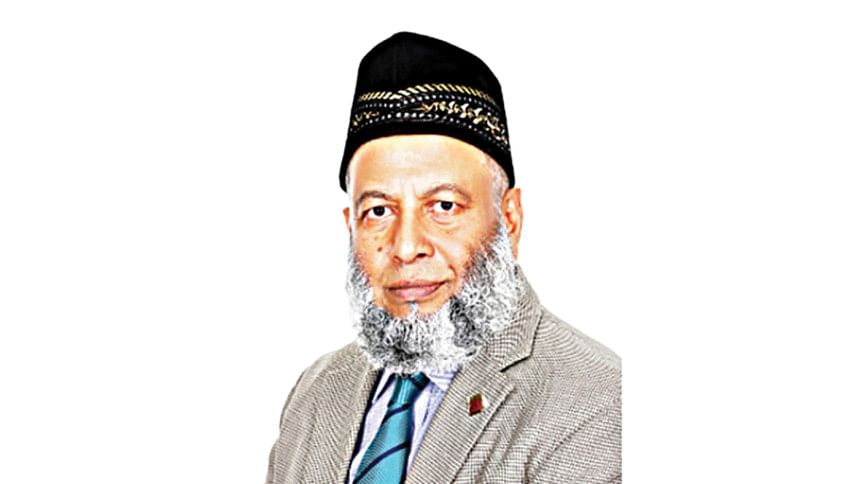Minimise tax evasion and combat graft

There is no denying the fact that Bangladesh's economy has grown at a steady and relatively fast pace since the early 1990s. However, we should not be complacent about this growth, as there was potential for even greater progress given the rise in per capita income and the significant expansion of businesses and industries. The low tax-to-GDP ratio and heavy reliance on indirect taxes remain major concerns for policymakers and the nation as a whole. In a country with around 180 million people, only 10 million hold Taxpayer Identification Numbers (TINs), and of them, only 4 million file tax returns. Clearly, there is considerable room to increase tax collections from both individuals and corporations. The absence of a transparent assessment system, credible and reliable financial (profit) reporting, and effective measures to minimise tax evasion and combat corruption have hindered the acceleration of direct tax collection.
Tax evasion is not unique to Bangladesh; it exists in many countries, including developed ones. The key concern is the extent of evasion -- whether it remains within a tolerable level or exceeds acceptable limits. In most cases, corruption occurs through collusion between taxpayers, tax officials, and tax consultants. A lack of transparency and accountability, exacerbated by unreliable financial reporting, further contributes to this problem. A comprehensive tax reform is long overdue to address these issues effectively.
The current interim government has introduced reform agendas in several key areas of the country and the economy. However, no significant fiscal reform initiatives have been undertaken. According to media reports, a committee comprising former chairpersons and members of the National Board of Revenue (NBR) has submitted a report proposing the bifurcation of the Revenue Policy Board and the Revenue Management Board. This division is expected to make revenue administration more effective and efficient. However, this alone may not fully resolve the challenges in revenue collection. In such committees, stakeholder consultations are crucial, but to our knowledge, they have not been conducted.
It is worth recalling that the Large Taxpayer Unit (LTU) was established around 20 years ago under the Reforms in Revenue Administration (RIRA) project, with four separate wings: the Audit Wing, the Revenue Accounting Wing, the Collection and Enforcement Wing, and the Service Wing. Initially, these functional divisions operated effectively for a few years. Unfortunately, this system was discontinued, and the LTU reverted to traditional assessment methods. Currently, for all practical purposes, the LTU functions like any other tax zone. Given this history, a case study should be conducted to analyse why the LTU failed to sustain its original structure and operations. The findings from such a study could provide valuable insights for the successful implementation of the government's plan to establish two separate boards for revenue administration based on distinct responsibilities.
Apart from this bifurcation, broader fiscal reforms, including digitalisation, are urgently needed to enhance revenue collection, ensure transparency in the assessment process, combat corruption, and curb tax evasion. This reform agenda can and should be initiated now. However, until such reforms are finalised and implemented, a few short-term measures can help sustain revenue collection growth. These include introducing independent certification -- if not a full-fledged tax audit -- of sales, major unusual transactions, compliance with withholding tax and VAT regulations, inter-company transactions, and the siphoning of funds by business entities. Downsizing the national budget should not be considered a solution when these straightforward measures can be implemented effectively.
It is undeniable that increasing revenue collection could create opportunities for further reductions and rationalisation of corporate tax rates. Ultimately, achieving the desired level of revenue collection is essential for Bangladesh to transition out of its Least Developed Country (LDC) status.
The author is a senior partner of Hoda Vasi Chowdhury & Co and a former president of ICAB

 For all latest news, follow The Daily Star's Google News channel.
For all latest news, follow The Daily Star's Google News channel. 



Comments